Russian opposition leader Alexei Navalny was sentenced to 15 days behind bars and fined Monday after staging the biggest anti-corruption protests in years, an act branded a "provocation" by the Kremlin.
Russian opposition leader Alexei Navalny was sentenced to 15 days behind bars and fined Monday after staging the biggest anti-corruption protests in years, an act branded a "provocation" by the Kremlin.
The United States and the European Union have voiced deep concern after Navalny and more than 1,000 others were detained in the Moscow protest yesterday, with the State Department describing the arrests as as an "affront to democracy".
A Moscow district court ordered Navalny to serve 15 days in jail after having found him guilty of disobeying police orders. He was fined 20,000 rubles (USD 350) for having organised an unsanctioned protest.
The lawyer turned activist, 40, who has announced plans to run for president next year, called yesterday's protests after publishing a report accusing Prime Minister Dmitry Medvedev of controlling a property empire through a shadowy network of non-profit organisations.
"The authorities are being accused of multi-million theft, but they remain silent," a haggard-looking Navalny said in court, insisting the protests were legal.
"More than 1,000 people were arrested yesterday but it is impossible to arrest millions," the 40-year-old lawyer said.
About 7,000 to 8,000 people demonstrated in Moscow yesterday, according to police figures, making it one of the biggest unauthorised rallies in President Vladimir Putin's 17 years in power.
The Kremlin called the protest "a provocation and a lie", and claimed minors had been promised "financial rewards" to participate.
Demonstrations were held not just in Moscow and Russia's second city Saint Petersburg but also in a number of provincial cities where protests are rarely seen.
They attracted a significant number of minors born since Putin came to power.
"I am very happy that a generation that wants to be citizens, that isn't afraid, was born in the country," Navalny said.
Kremlin spokesman Dmitry Peskov said Russians' "civic stance" would be respected if expressed legally but, without mentioning Navalny by name, suggested "some people will continue using (politically) active people... to their own ends, calling them to illegal and unauthorised actions".
Navalny was arrested as he was walking to the Moscow protest and another 1,030 people were detained, according OVD-Info, a website that monitors detentions of activists.
The vast majority were fined and released overnight, while about 120 remained in custody today, OVD-Info said.
One policeman was hospitalised after suffering a head injury, the interior ministry said.
The European Union urged Russia to release the demonstrators "without delay" and expressed concern that police action had "prevented the exercise of basic freedoms of expression, association and peaceful assembly".
"We call on the Russian authorities to abide fully by the international commitments it has made, including in the Council of Europe... to uphold these rights and to release without delay the peaceful demonstrators that have been detained."
US State Department spokesman Mark Toner said the detention of "peaceful protesters, human rights observers, and journalists is an affront to core democratic values".
(This article has not been edited by DNA's editorial team and is auto-generated from an agency feed.)
![submenu-img]() This film made Dharmendra star, was originally offered to Sunil Dutt, actor suffered near-death injury, movie earned...
This film made Dharmendra star, was originally offered to Sunil Dutt, actor suffered near-death injury, movie earned...![submenu-img]() Sumatra Slim Belly Tonic Scam (Tested For 90 Days) Does This Blue Tonic Supplement Work For Weight Loss?
Sumatra Slim Belly Tonic Scam (Tested For 90 Days) Does This Blue Tonic Supplement Work For Weight Loss?![submenu-img]() Sugar Defender Scam (60 Days Of Testing) What Users Are Saying About This Blood Sugar Support Formula
Sugar Defender Scam (60 Days Of Testing) What Users Are Saying About This Blood Sugar Support Formula![submenu-img]() FitSpresso Scam (I've Used It For 180 Days) Are These Weight Loss Pills Effective?
FitSpresso Scam (I've Used It For 180 Days) Are These Weight Loss Pills Effective?![submenu-img]() Understanding Legal Entity Identifiers: The Advantages and Benefits
Understanding Legal Entity Identifiers: The Advantages and Benefits![submenu-img]() Meet man who almost failed in class 12, IIT alumnus, who quit high-paying job at Infosys for UPSC exam, secured AIR...
Meet man who almost failed in class 12, IIT alumnus, who quit high-paying job at Infosys for UPSC exam, secured AIR...![submenu-img]() Meghalaya Board 10th, 12th Result 2024: MBOSE SSLC, HSSLC Arts results to be declared on this date
Meghalaya Board 10th, 12th Result 2024: MBOSE SSLC, HSSLC Arts results to be declared on this date![submenu-img]() Campus placement: Over 7700 students of IIT 2024 batch yet to get jobs, finds RTI
Campus placement: Over 7700 students of IIT 2024 batch yet to get jobs, finds RTI![submenu-img]() IIT-JEE topper joins IIT Bombay with AIR 1, skips placement drive, now working as a...
IIT-JEE topper joins IIT Bombay with AIR 1, skips placement drive, now working as a...![submenu-img]() IIT graduate builds Rs 1057990000000 company, leaves to get a job, now working as a….
IIT graduate builds Rs 1057990000000 company, leaves to get a job, now working as a….![submenu-img]() DNA Verified: Is CAA an anti-Muslim law? Centre terms news report as 'misleading'
DNA Verified: Is CAA an anti-Muslim law? Centre terms news report as 'misleading'![submenu-img]() DNA Verified: Lok Sabha Elections 2024 to be held on April 19? Know truth behind viral message
DNA Verified: Lok Sabha Elections 2024 to be held on April 19? Know truth behind viral message![submenu-img]() DNA Verified: Modi govt giving students free laptops under 'One Student One Laptop' scheme? Know truth here
DNA Verified: Modi govt giving students free laptops under 'One Student One Laptop' scheme? Know truth here![submenu-img]() DNA Verified: Shah Rukh Khan denies reports of his role in release of India's naval officers from Qatar
DNA Verified: Shah Rukh Khan denies reports of his role in release of India's naval officers from Qatar![submenu-img]() DNA Verified: Is govt providing Rs 1.6 lakh benefit to girls under PM Ladli Laxmi Yojana? Know truth
DNA Verified: Is govt providing Rs 1.6 lakh benefit to girls under PM Ladli Laxmi Yojana? Know truth![submenu-img]() AI models set goals for pool parties in sizzling bikinis this summer
AI models set goals for pool parties in sizzling bikinis this summer![submenu-img]() In pics: Aditi Rao Hydari being 'pocket full of sunshine' at Cannes in floral dress, fans call her 'born aesthetic'
In pics: Aditi Rao Hydari being 'pocket full of sunshine' at Cannes in floral dress, fans call her 'born aesthetic'![submenu-img]() Jacqueliene Fernandez is all smiles in white shimmery bodycon at Cannes 2024, fans call her 'real Barbie'
Jacqueliene Fernandez is all smiles in white shimmery bodycon at Cannes 2024, fans call her 'real Barbie'![submenu-img]() AI models show bikini style for perfect beach holiday this summer
AI models show bikini style for perfect beach holiday this summer![submenu-img]() Laapataa Ladies actress Chhaya Kadam ditches designer clothes, wears late mother's saree, nose ring on Cannes red carpet
Laapataa Ladies actress Chhaya Kadam ditches designer clothes, wears late mother's saree, nose ring on Cannes red carpet![submenu-img]() DNA Explainer: Why was Iranian president Ebrahim Raisi, killed in helicopter crash, regarded as ‘Butcher of Tehran’?
DNA Explainer: Why was Iranian president Ebrahim Raisi, killed in helicopter crash, regarded as ‘Butcher of Tehran’?![submenu-img]() DNA Explainer: Why did deceased Iranian President Ebrahim Raisi wear black turban?
DNA Explainer: Why did deceased Iranian President Ebrahim Raisi wear black turban?![submenu-img]() Iran President Ebrahim Raisi's death: Will it impact gold, oil prices and stock markets?
Iran President Ebrahim Raisi's death: Will it impact gold, oil prices and stock markets?![submenu-img]() Haryana Political Crisis: Will 3 independent MLAs support withdrawal impact the present Nayab Saini led-BJP government?
Haryana Political Crisis: Will 3 independent MLAs support withdrawal impact the present Nayab Saini led-BJP government?![submenu-img]() DNA Explainer: Why Harvey Weinstein's rape conviction was overturned, will beleaguered Hollywood mogul get out of jail?
DNA Explainer: Why Harvey Weinstein's rape conviction was overturned, will beleaguered Hollywood mogul get out of jail?![submenu-img]() This film made Dharmendra star, was originally offered to Sunil Dutt, actor suffered near-death injury, movie earned...
This film made Dharmendra star, was originally offered to Sunil Dutt, actor suffered near-death injury, movie earned...![submenu-img]() Sanjay Leela Bhansali breaks silence on Sharmin Segal's performance in Heeramandi: She kept saying, 'Mama, I will...'
Sanjay Leela Bhansali breaks silence on Sharmin Segal's performance in Heeramandi: She kept saying, 'Mama, I will...'![submenu-img]() 'To my surprise...': Neena Gupta says she is amazed as everyone from different backgrounds loves Panchayat
'To my surprise...': Neena Gupta says she is amazed as everyone from different backgrounds loves Panchayat![submenu-img]() Worst Indian film ever ended actor's career, saw court cases; it's not Jaani Dushman, Adipurush, RGV Ki Aag, Himmatwala
Worst Indian film ever ended actor's career, saw court cases; it's not Jaani Dushman, Adipurush, RGV Ki Aag, Himmatwala![submenu-img]() Meet director, was thrown out of film for advising Salman Khan, gave flops; later made 6 actors stars with just one film
Meet director, was thrown out of film for advising Salman Khan, gave flops; later made 6 actors stars with just one film![submenu-img]() Old video resurfaces: Hippo attempts zoo breakout, gets slapped by security guard
Old video resurfaces: Hippo attempts zoo breakout, gets slapped by security guard![submenu-img]() Mysterious pillars of light in sky spark alien speculation, know what they are
Mysterious pillars of light in sky spark alien speculation, know what they are![submenu-img]() Shaadi.com's innovative dowry calculator garners social media praise, here's why
Shaadi.com's innovative dowry calculator garners social media praise, here's why![submenu-img]() Viral video: Woman gracefully grooves to Aditi Rao Hydari’s Saiyaan Hatto Jaao from Heeramandi, watch
Viral video: Woman gracefully grooves to Aditi Rao Hydari’s Saiyaan Hatto Jaao from Heeramandi, watch![submenu-img]() Know about Travancore royal family that controls treasure of the wealthiest temple on Earth
Know about Travancore royal family that controls treasure of the wealthiest temple on Earth
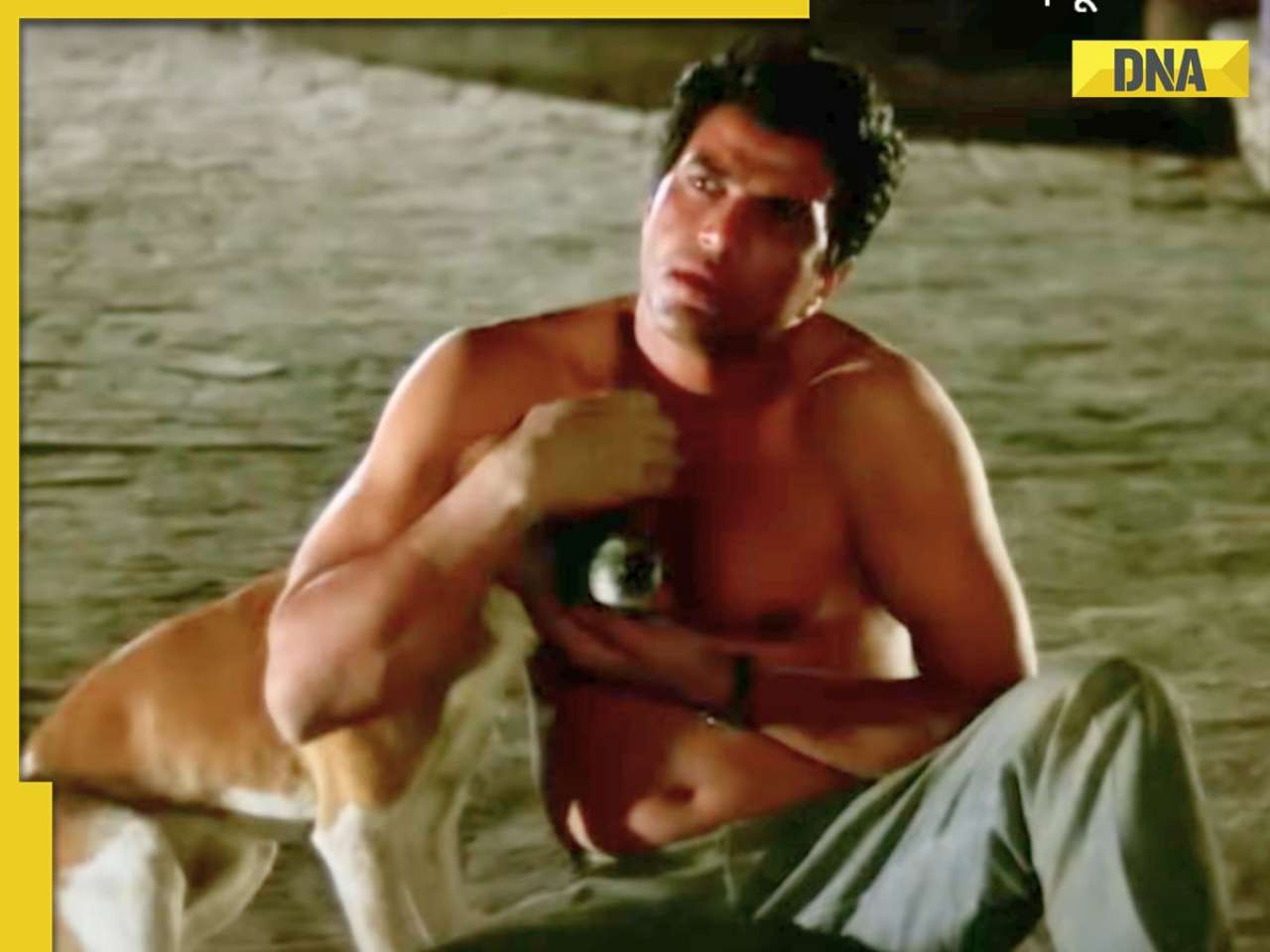



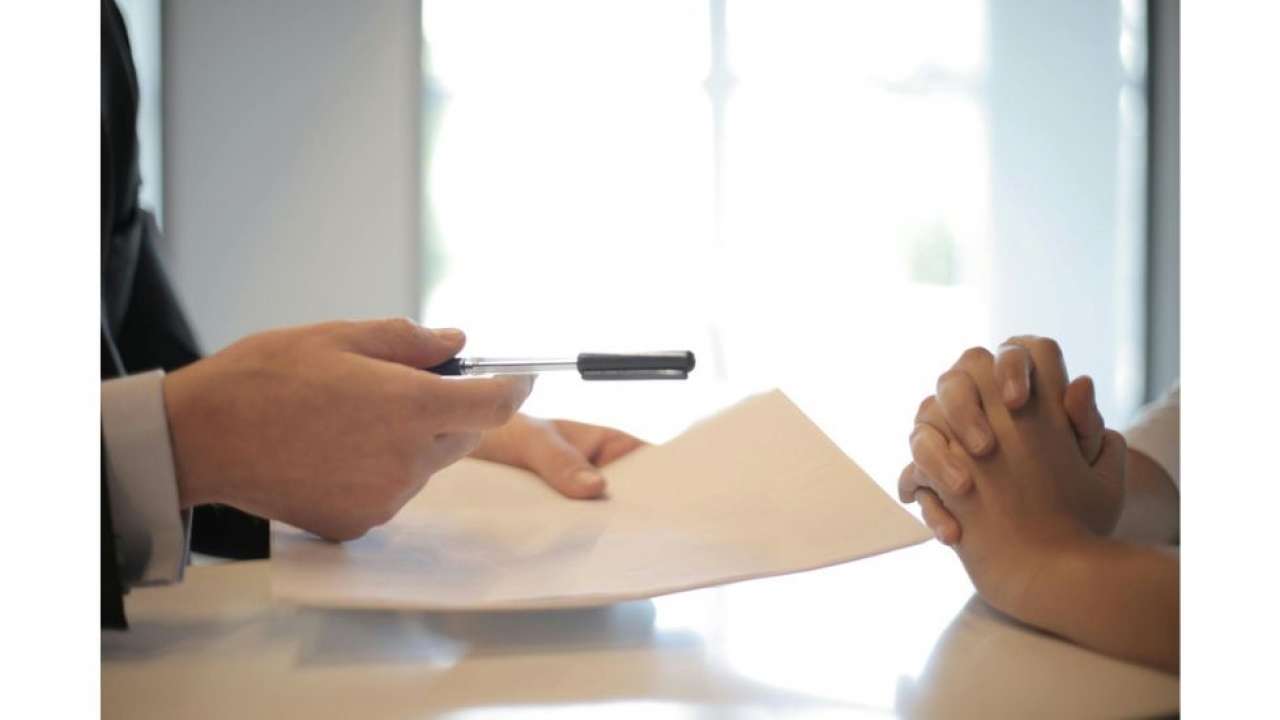





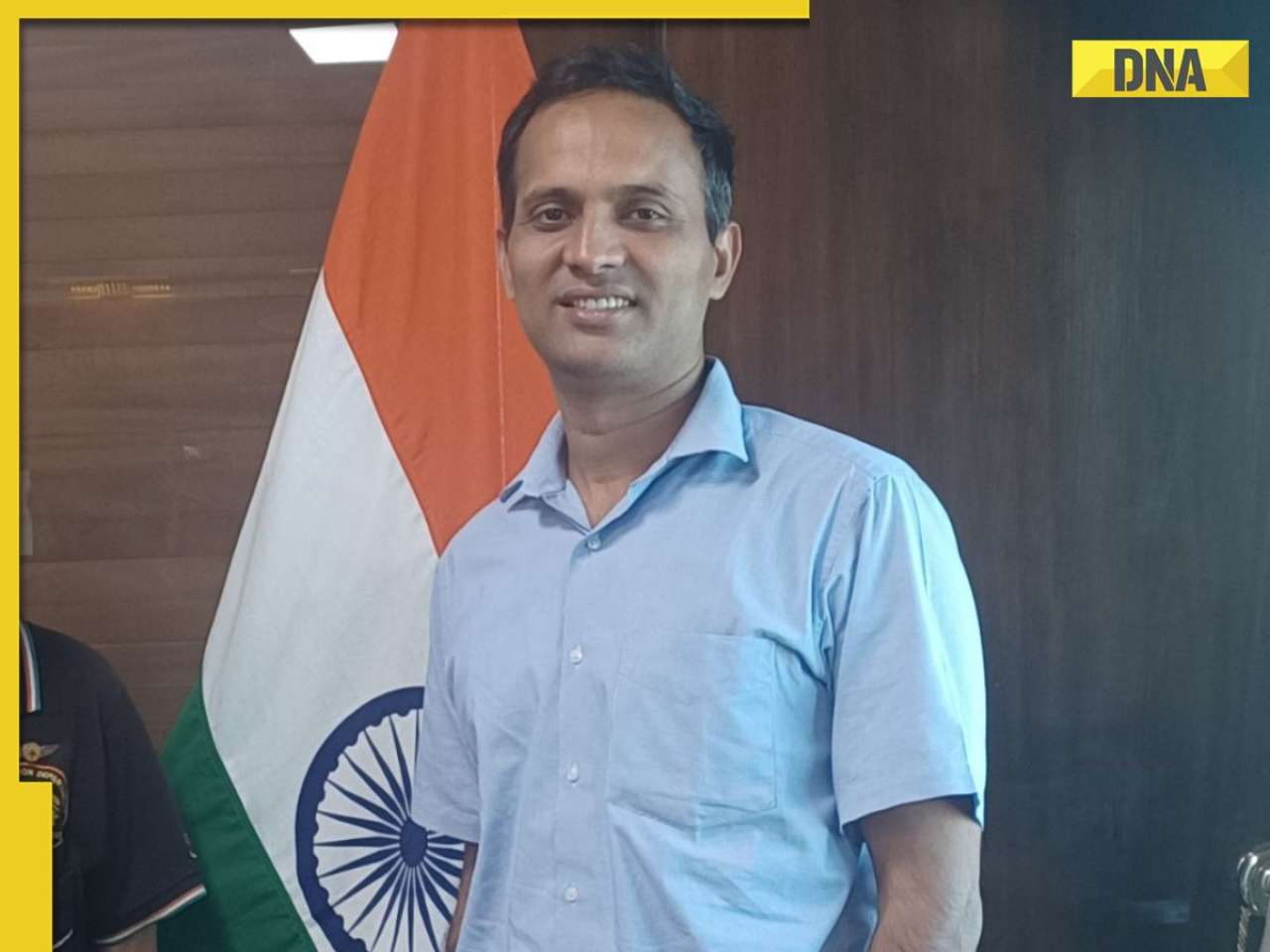
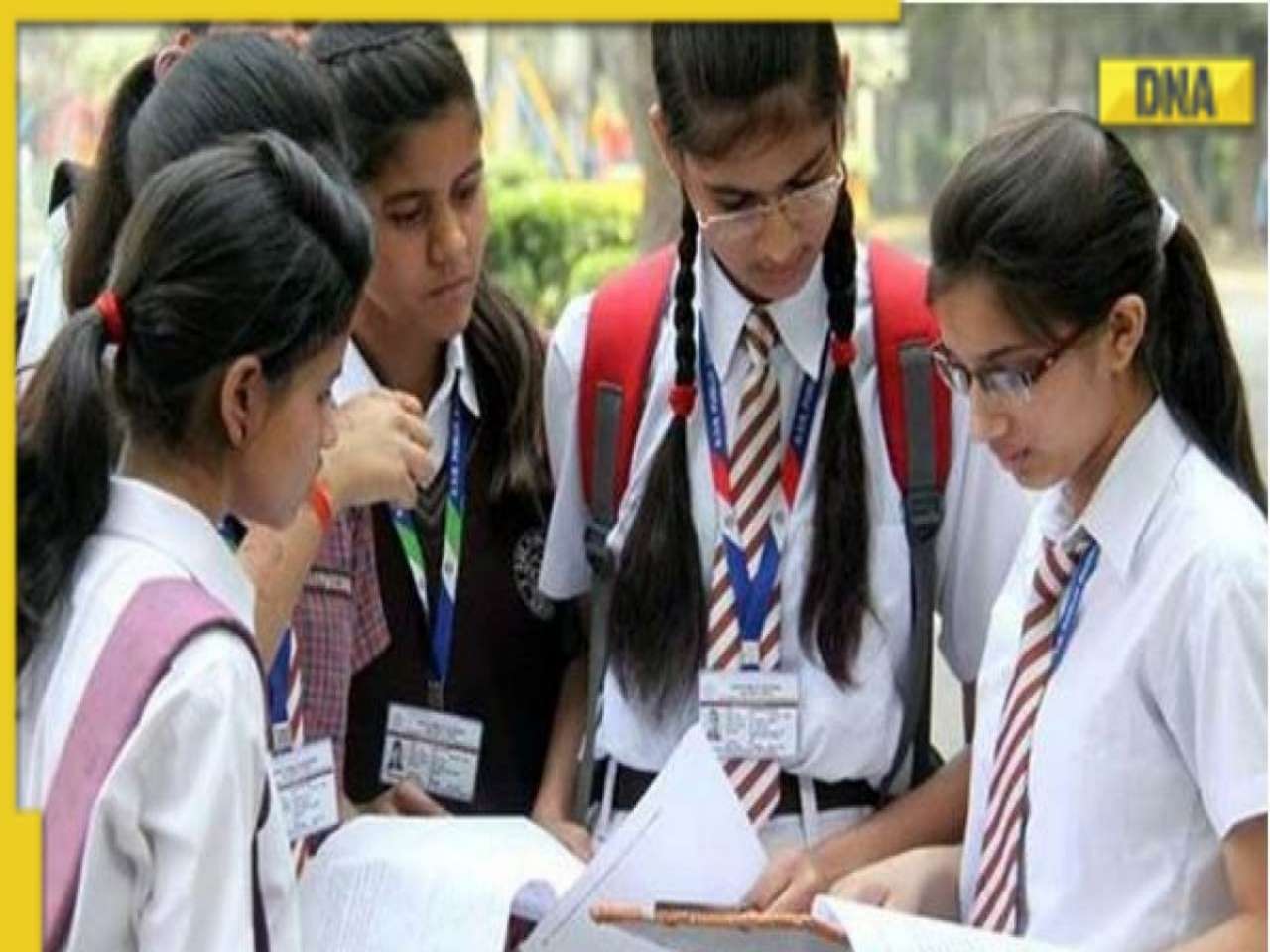
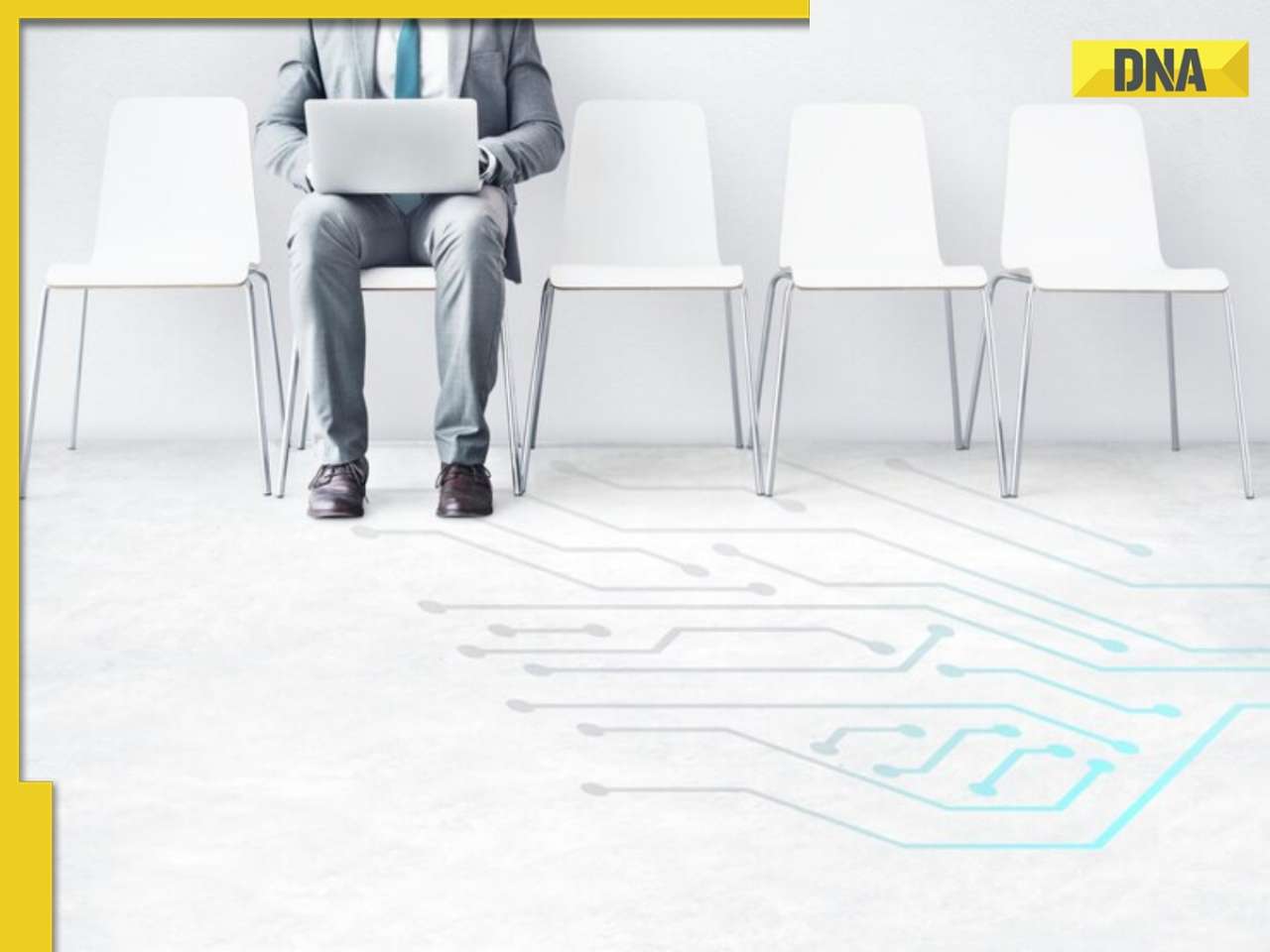
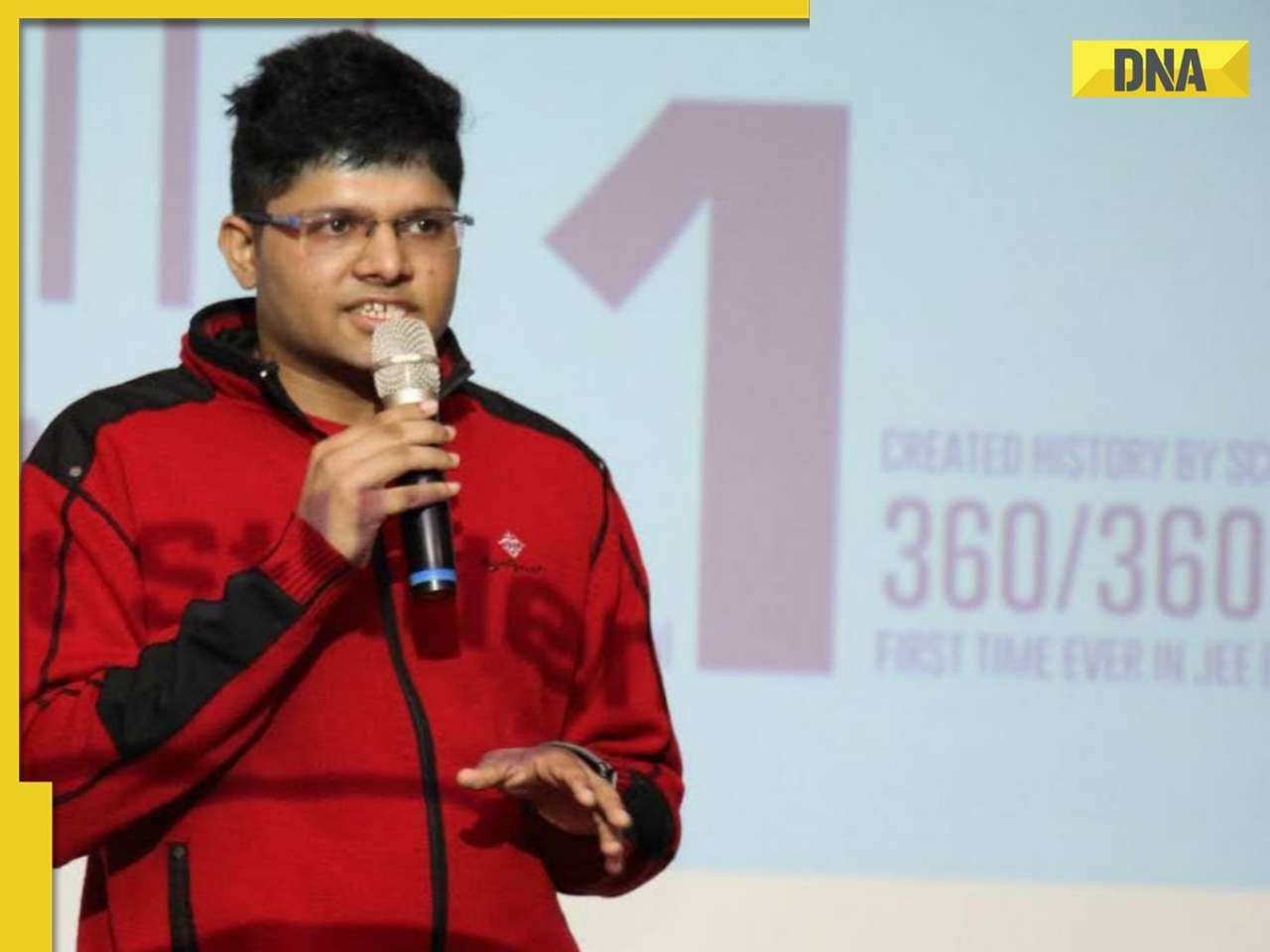
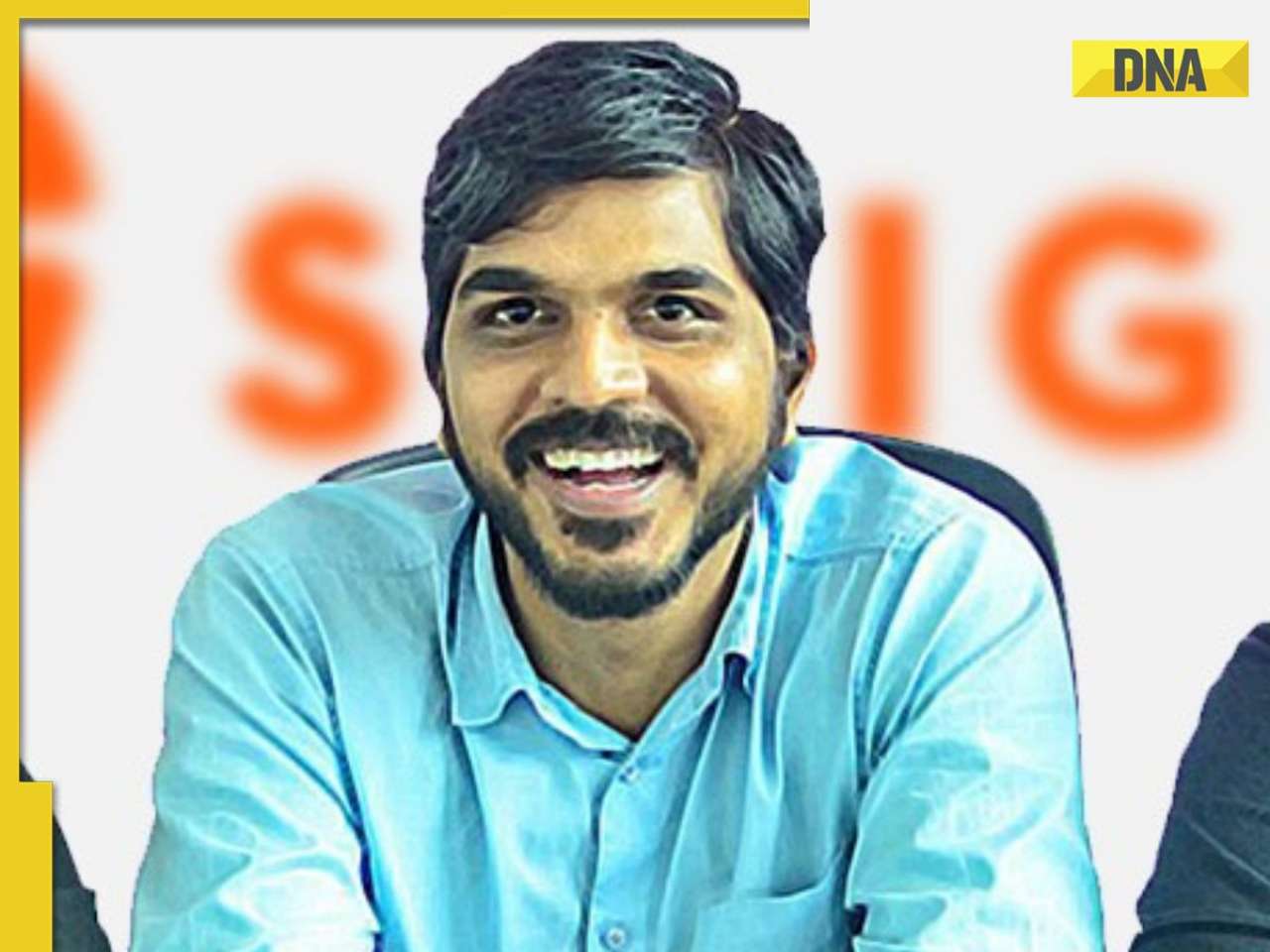









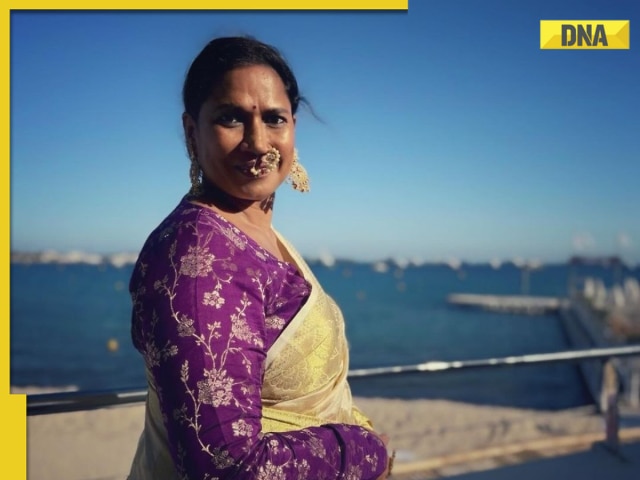





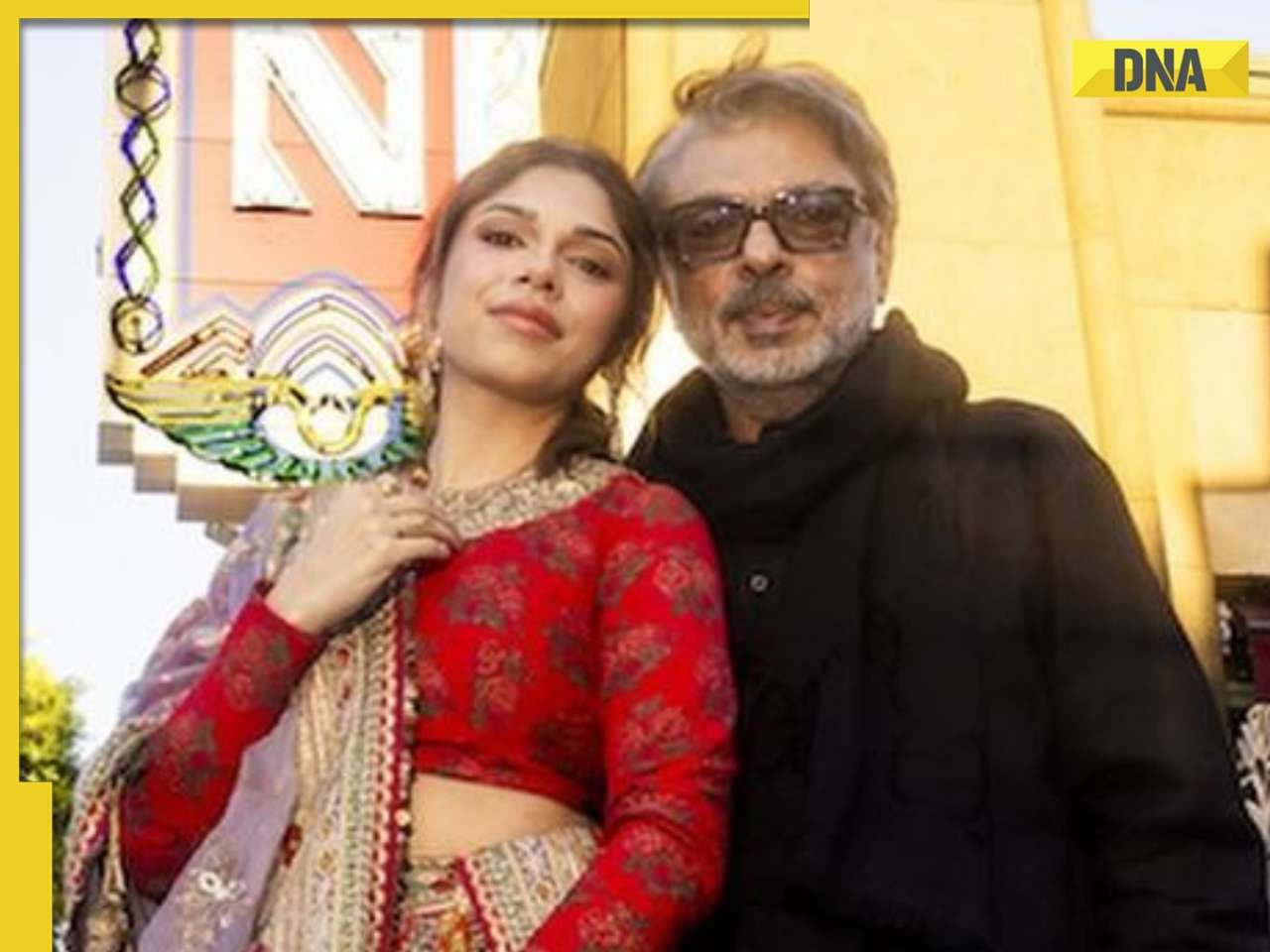
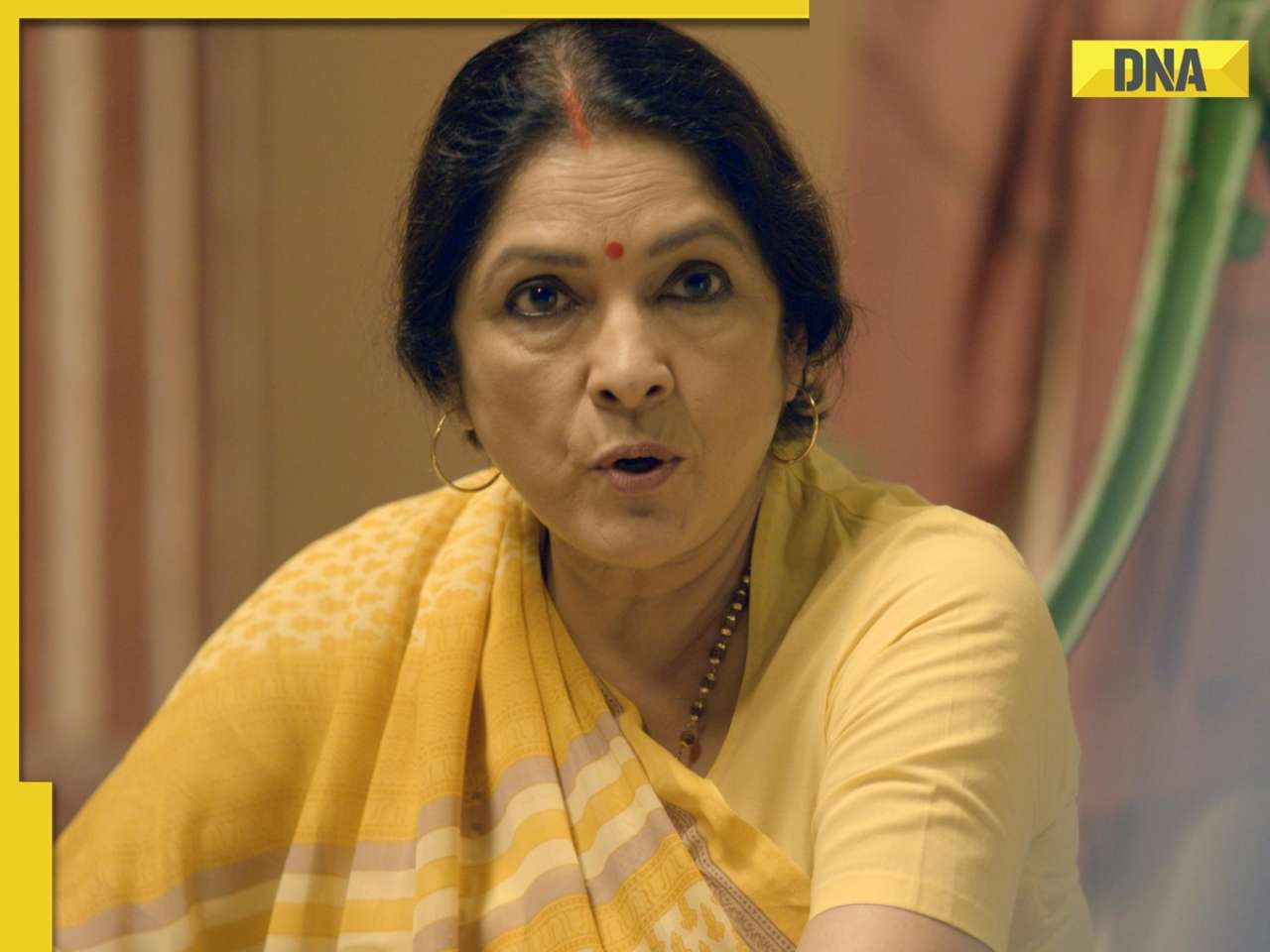
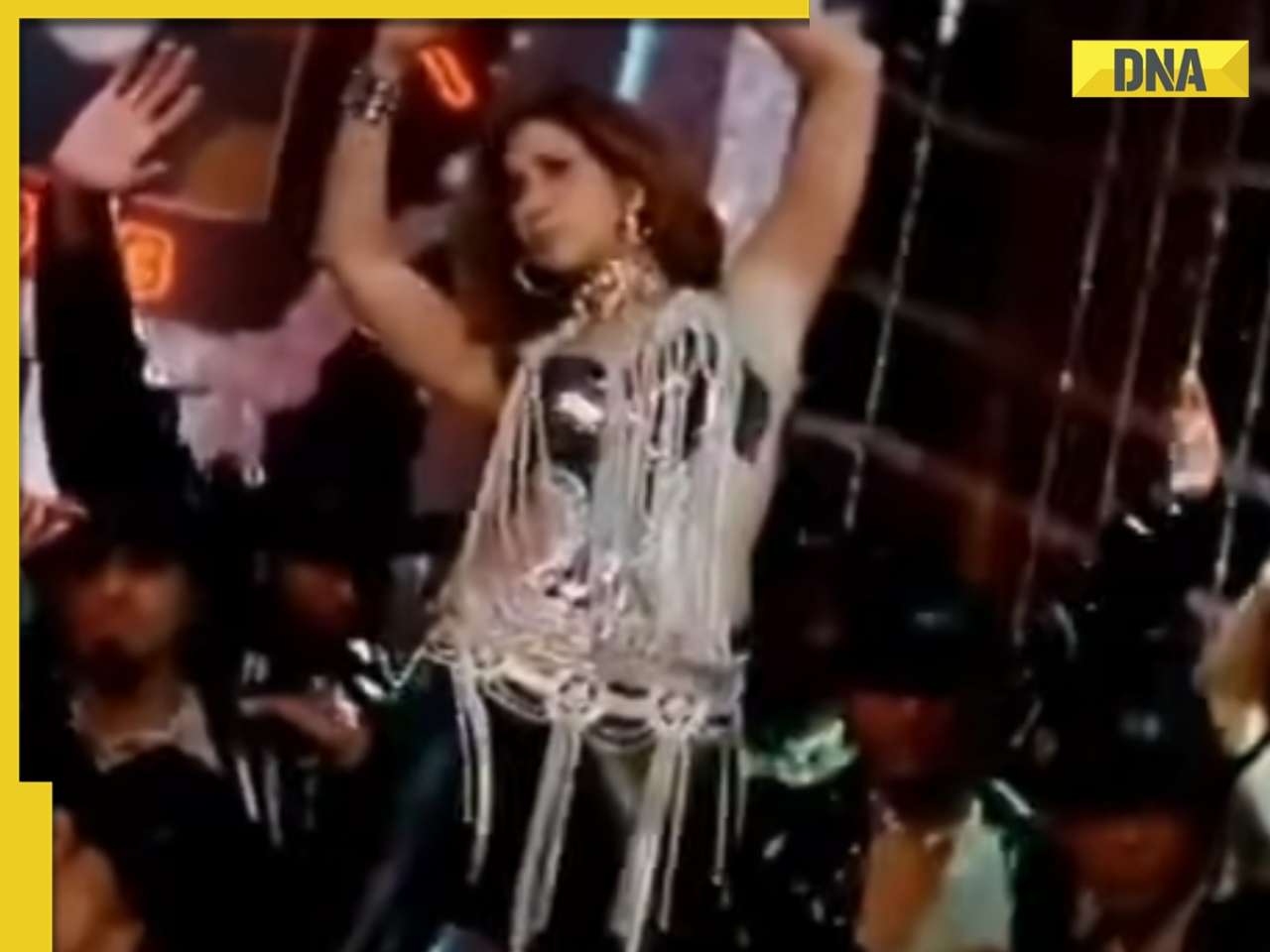
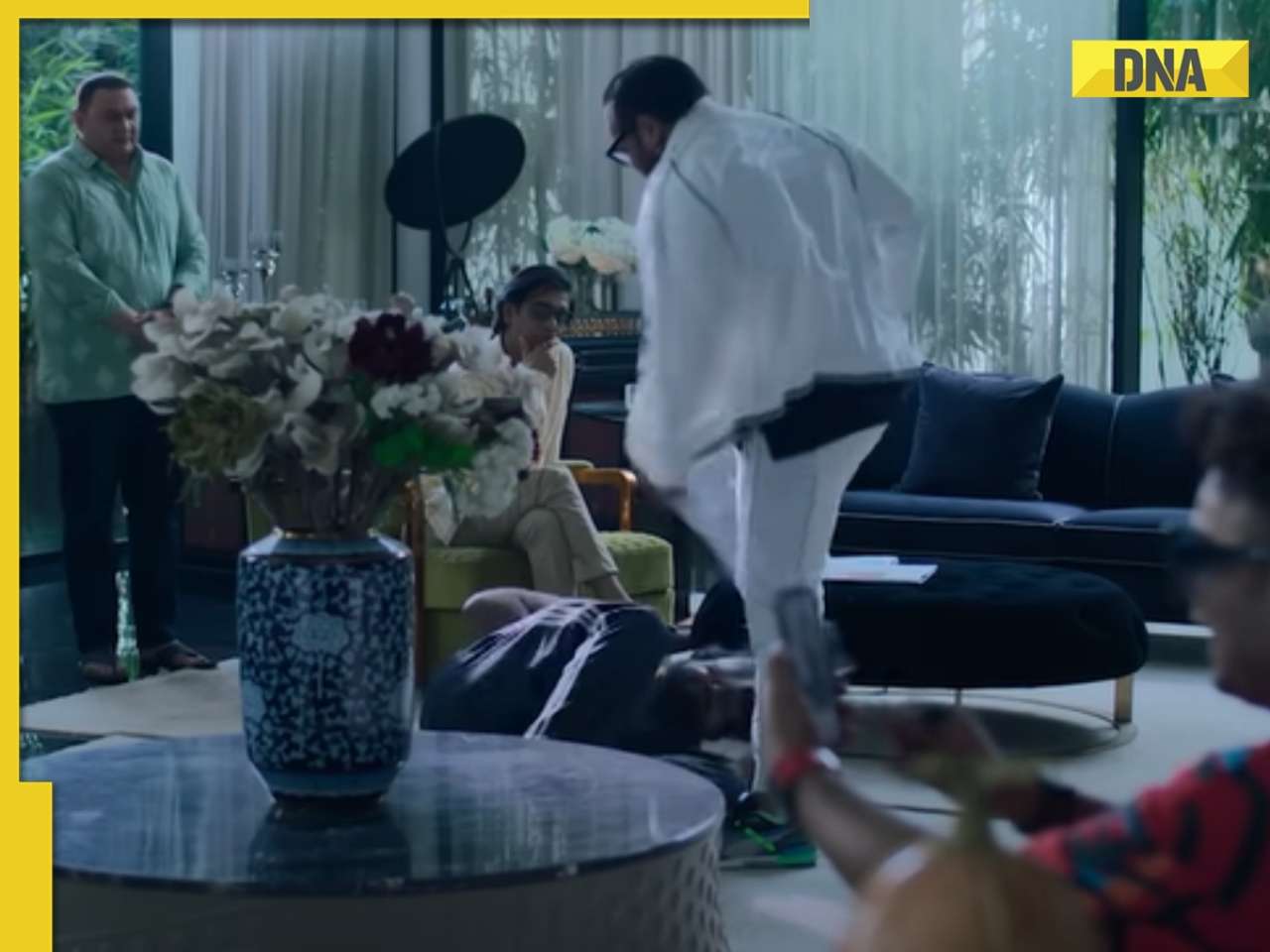
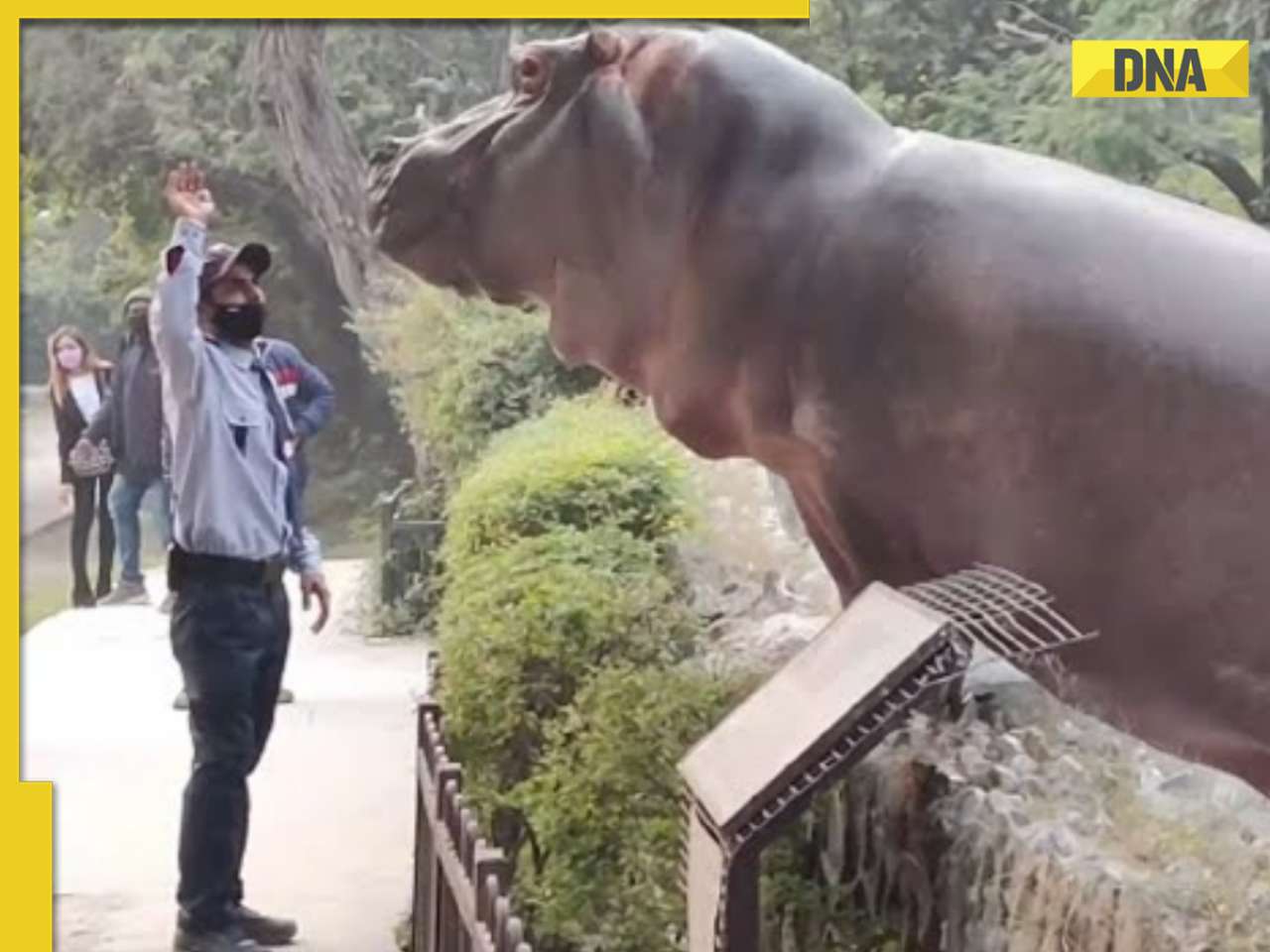
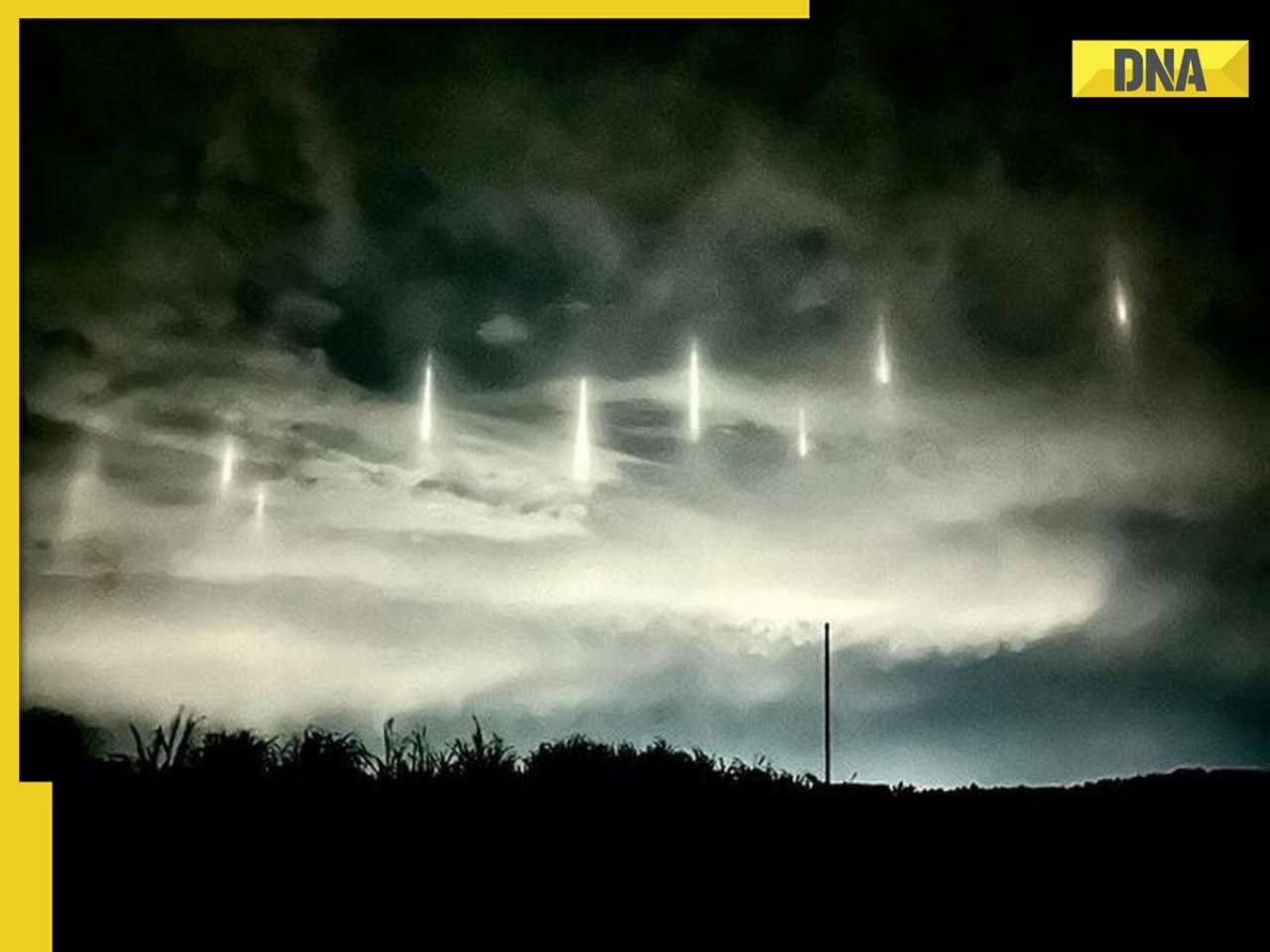
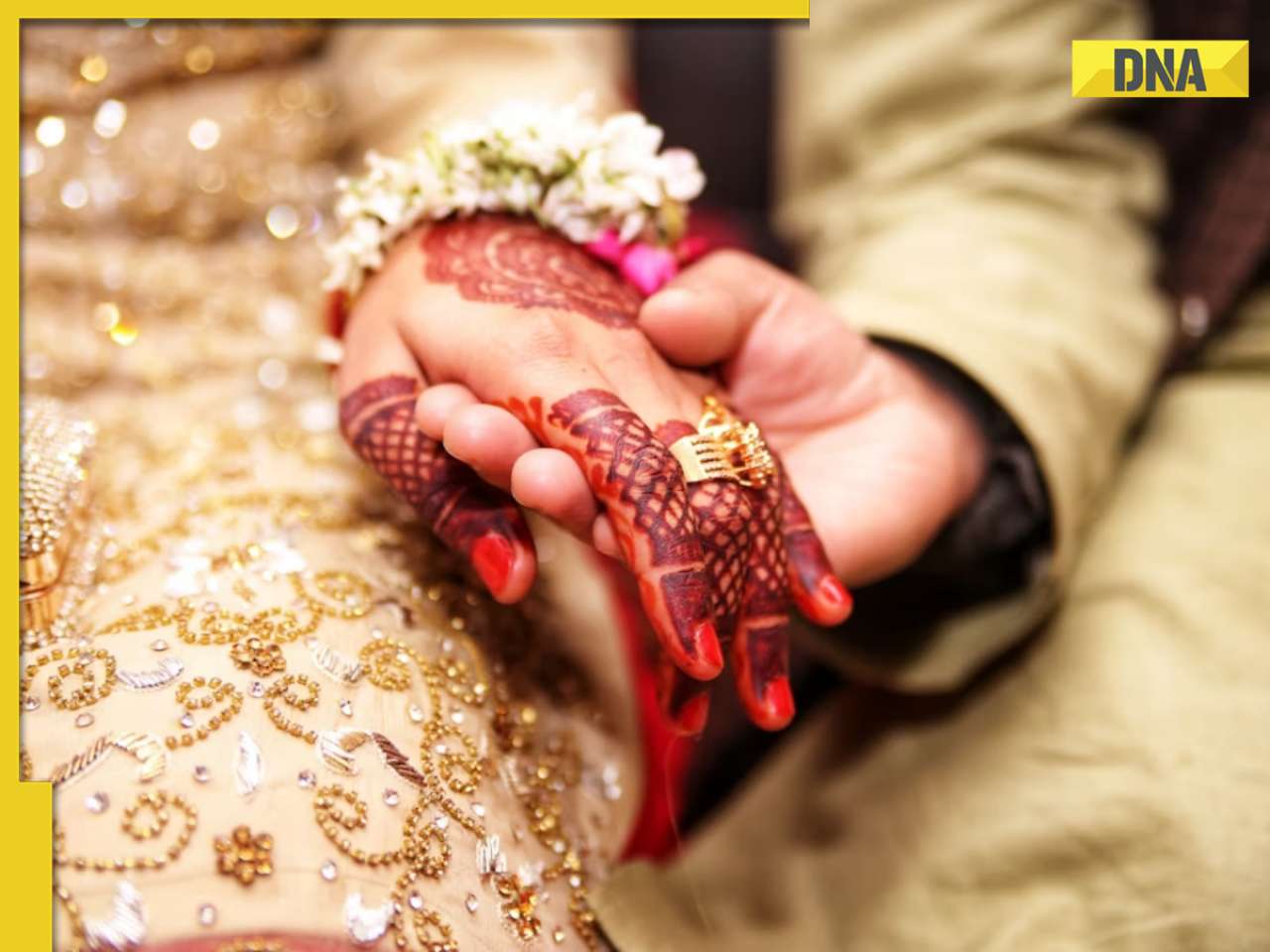
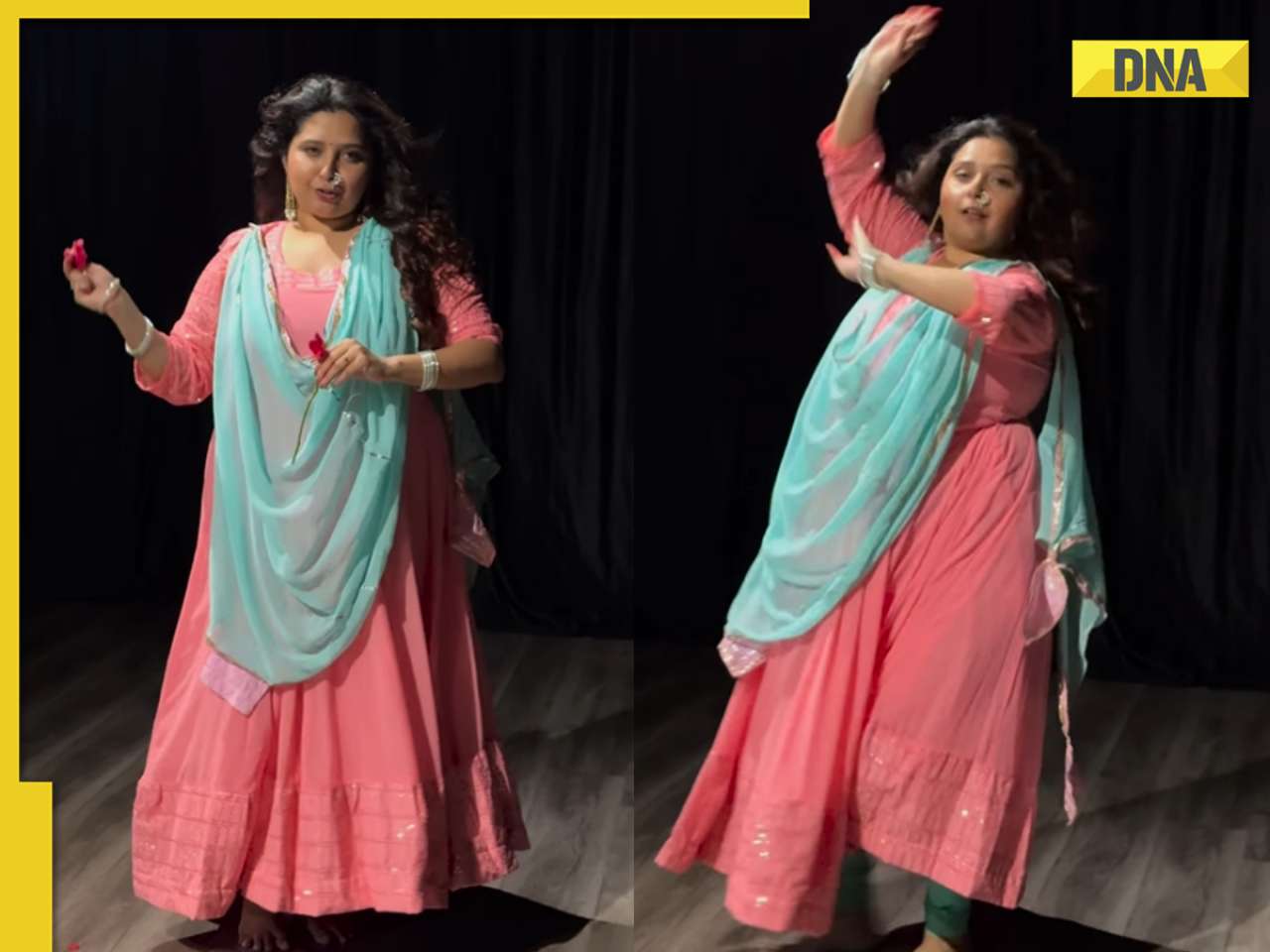
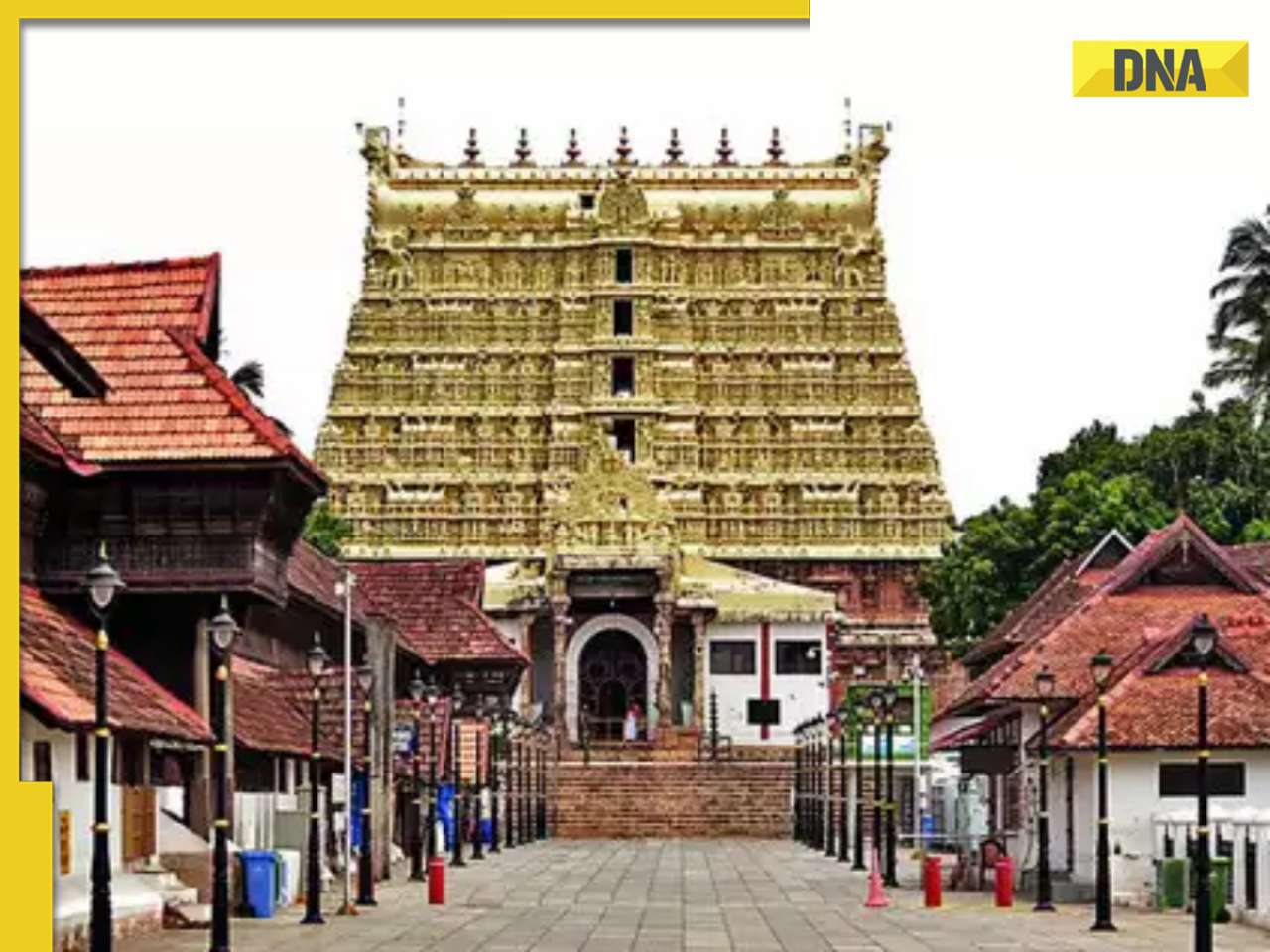


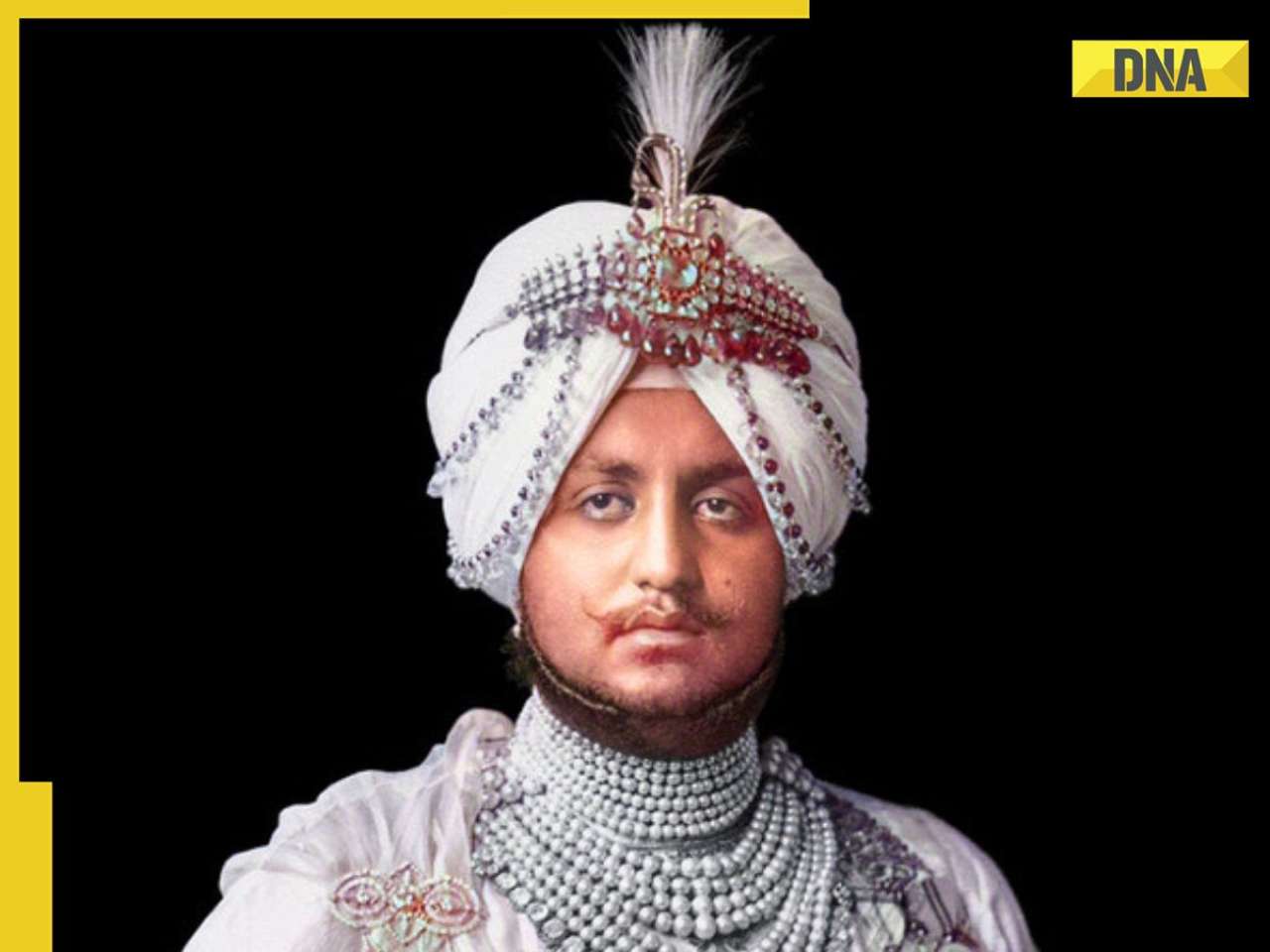
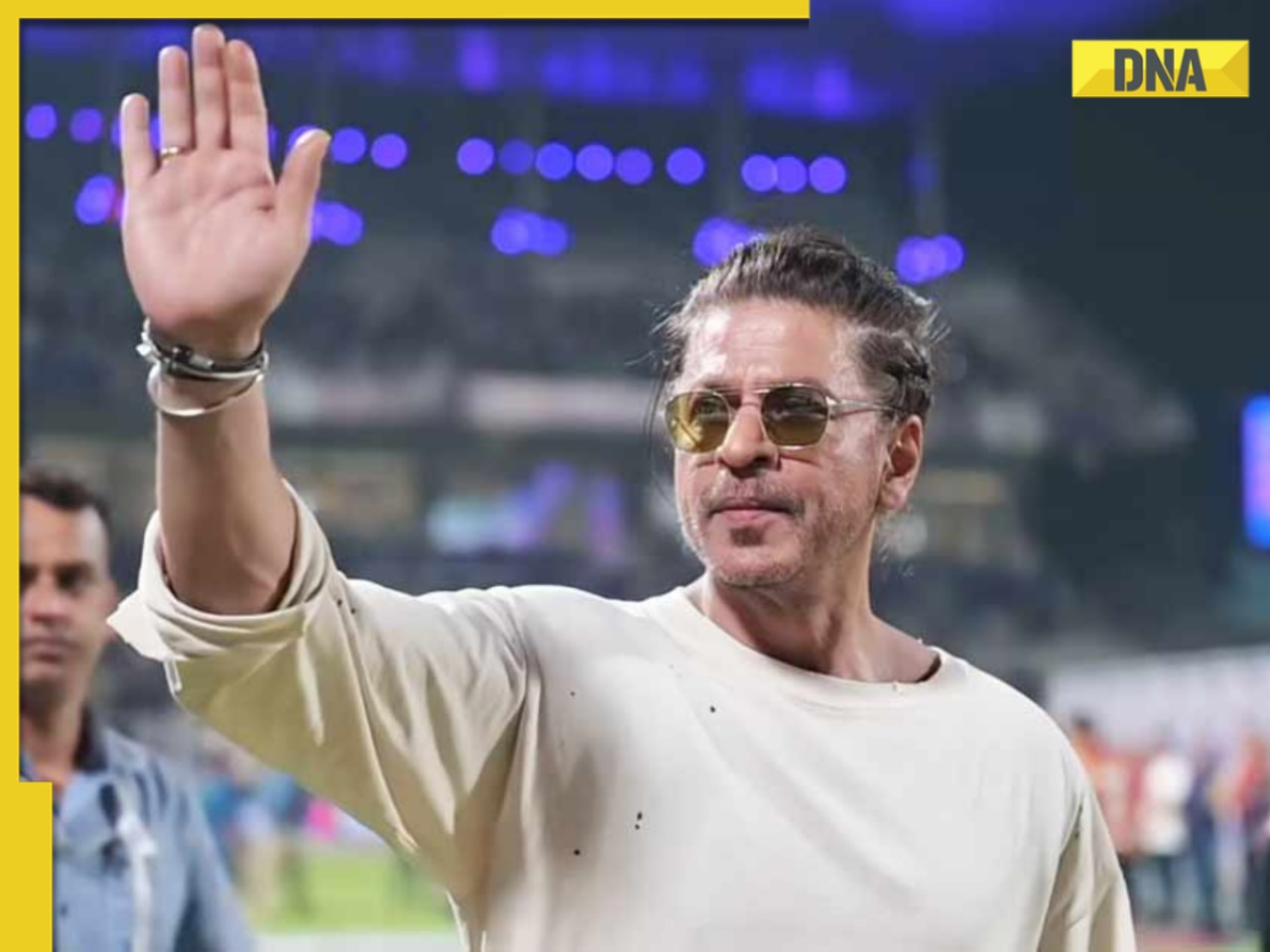

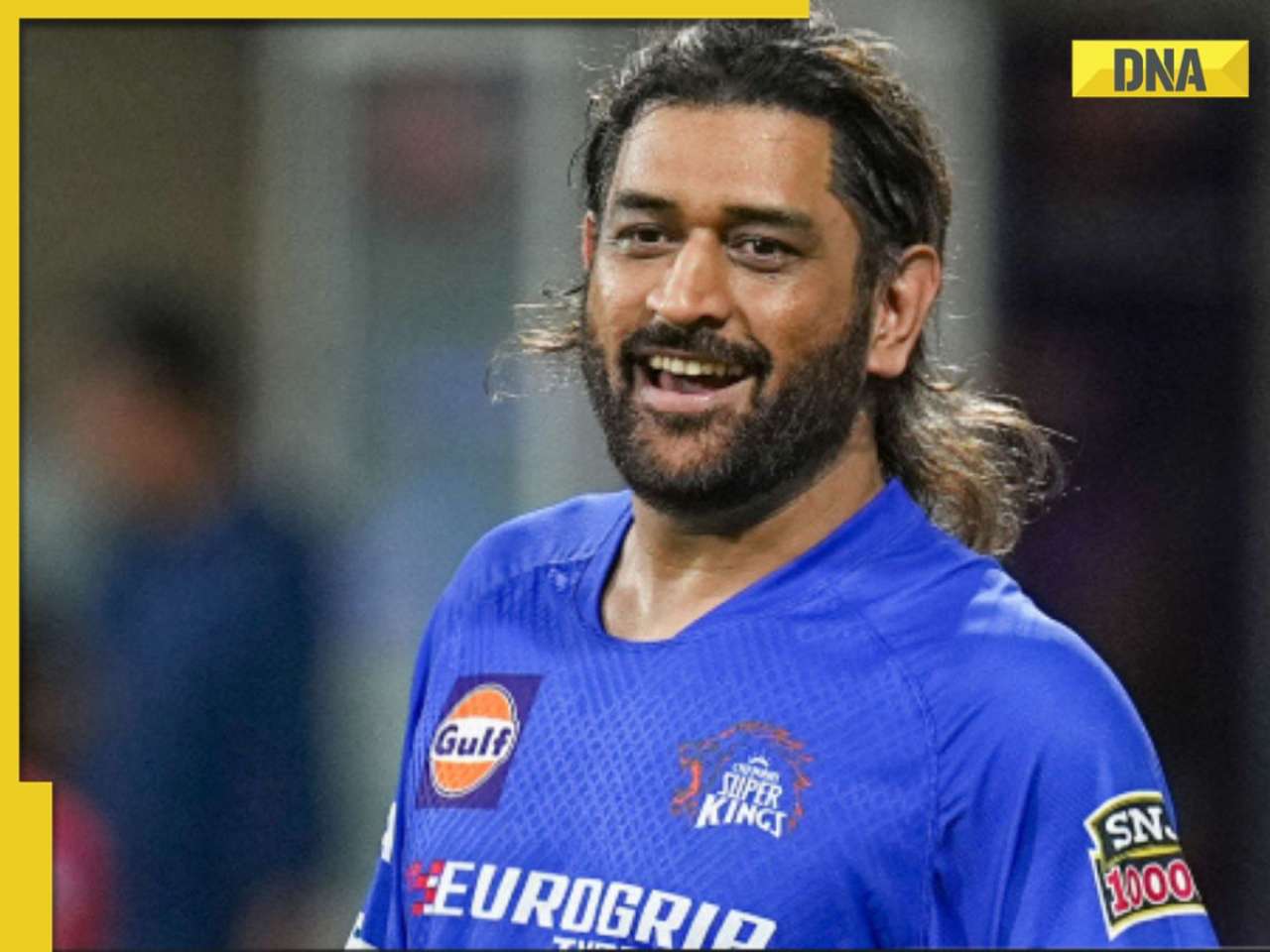


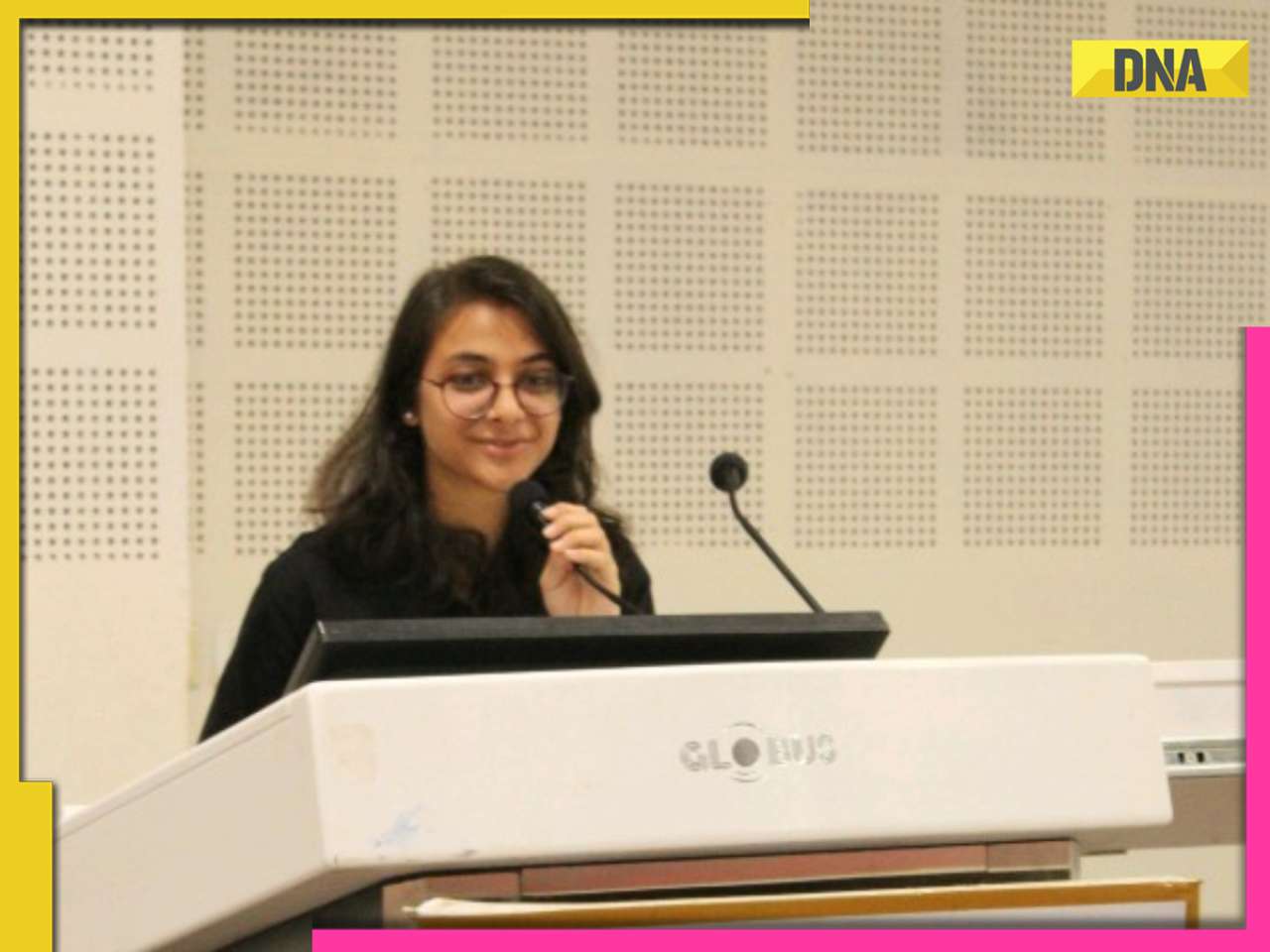
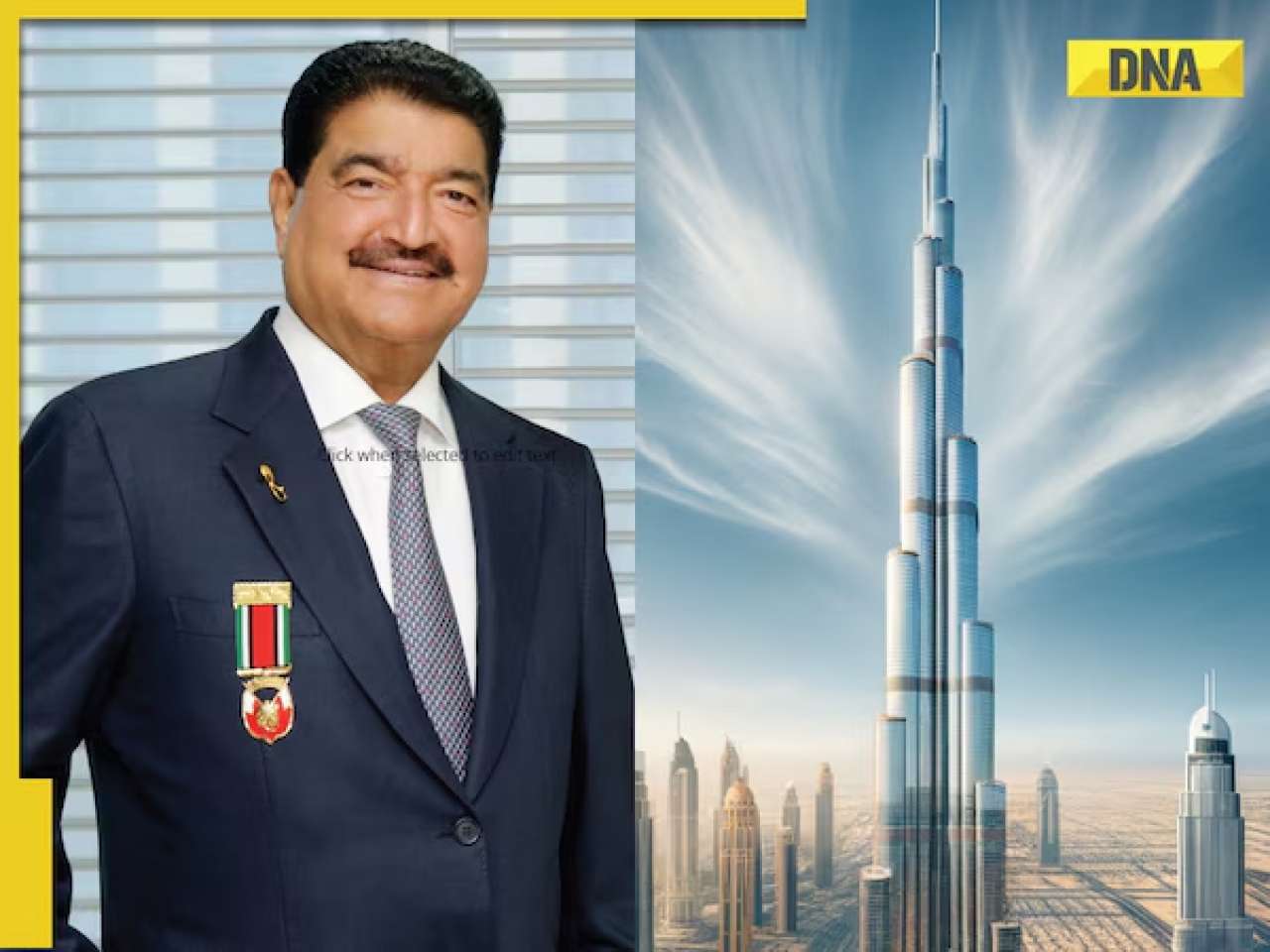
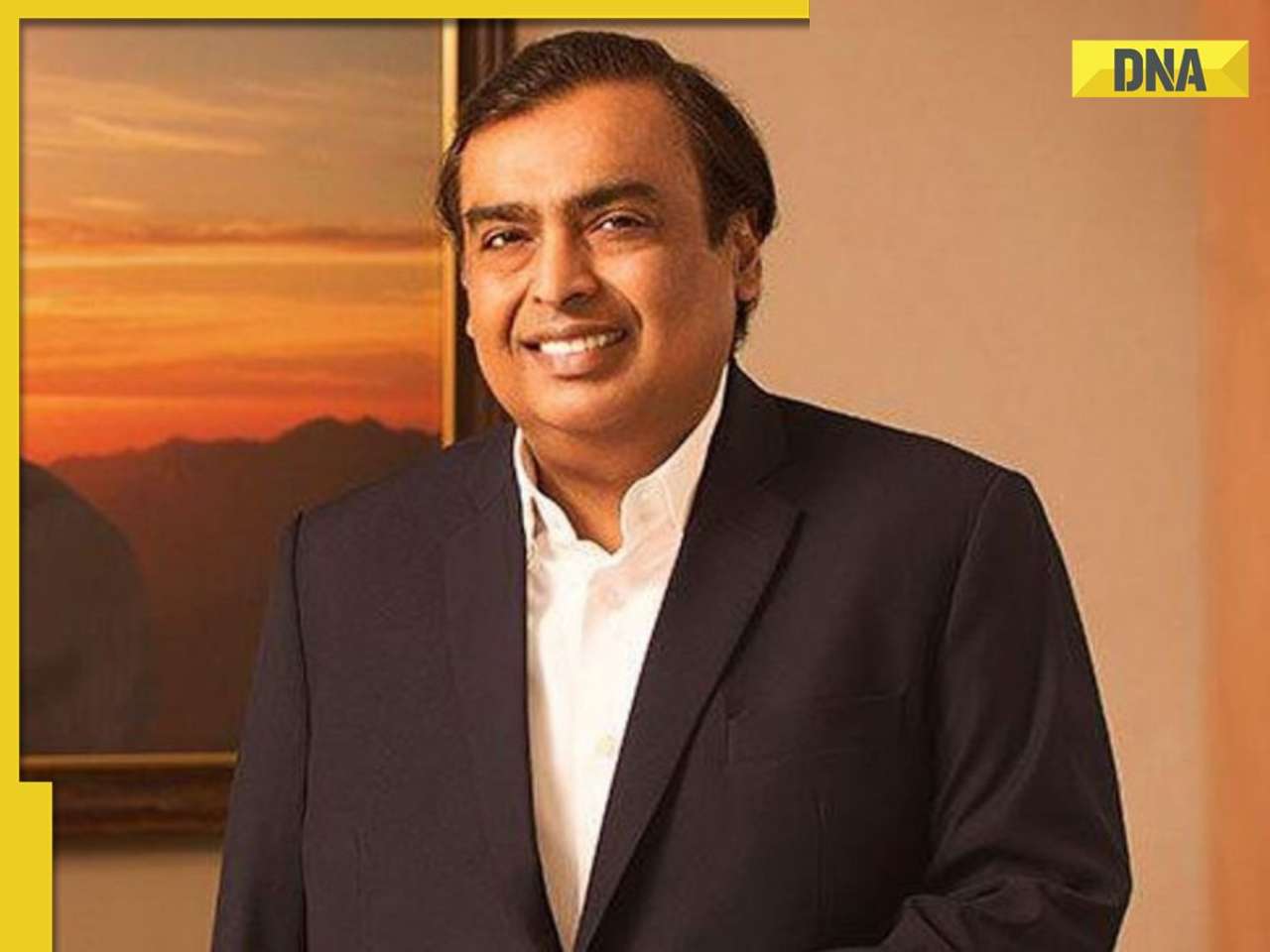
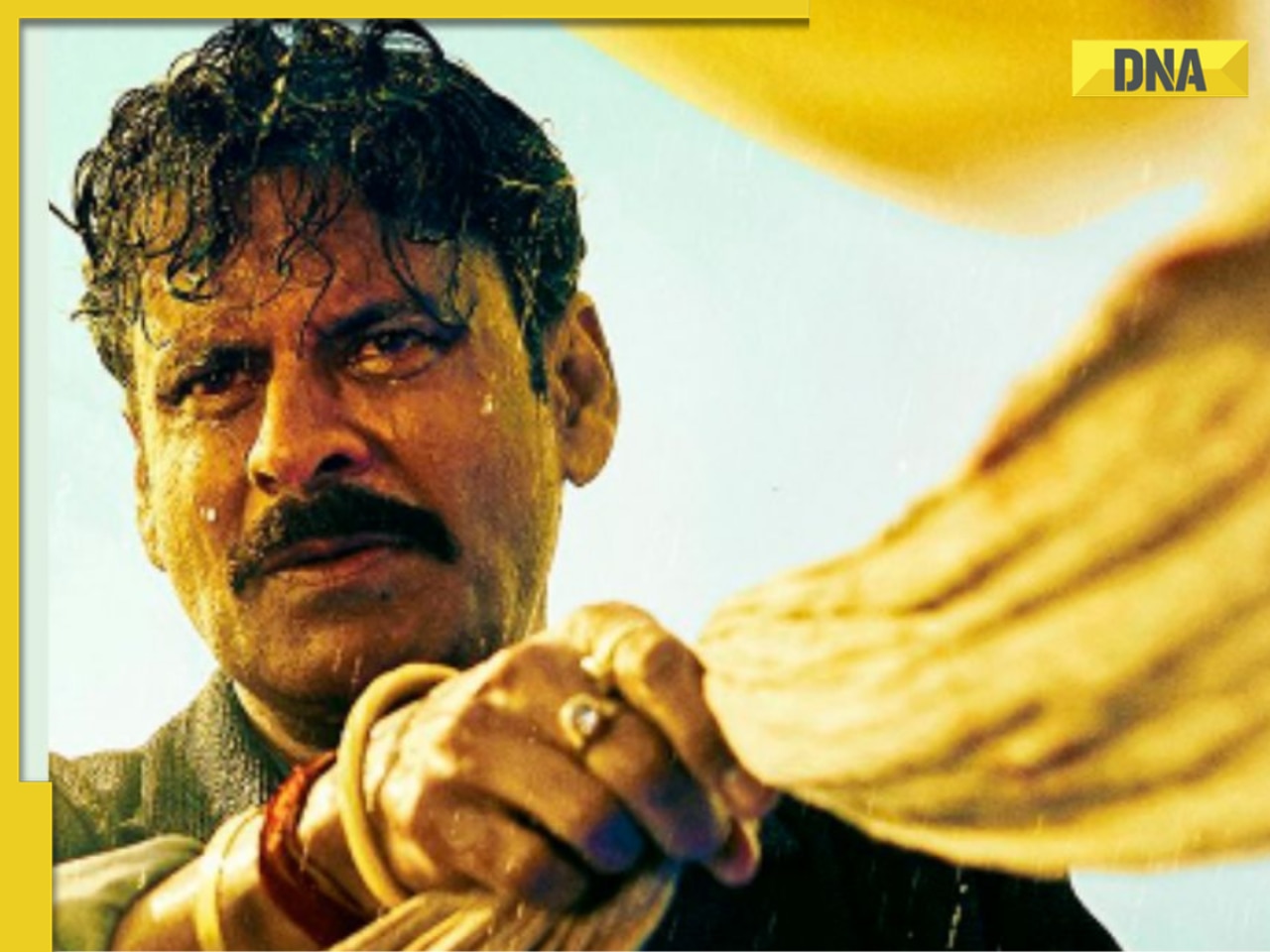

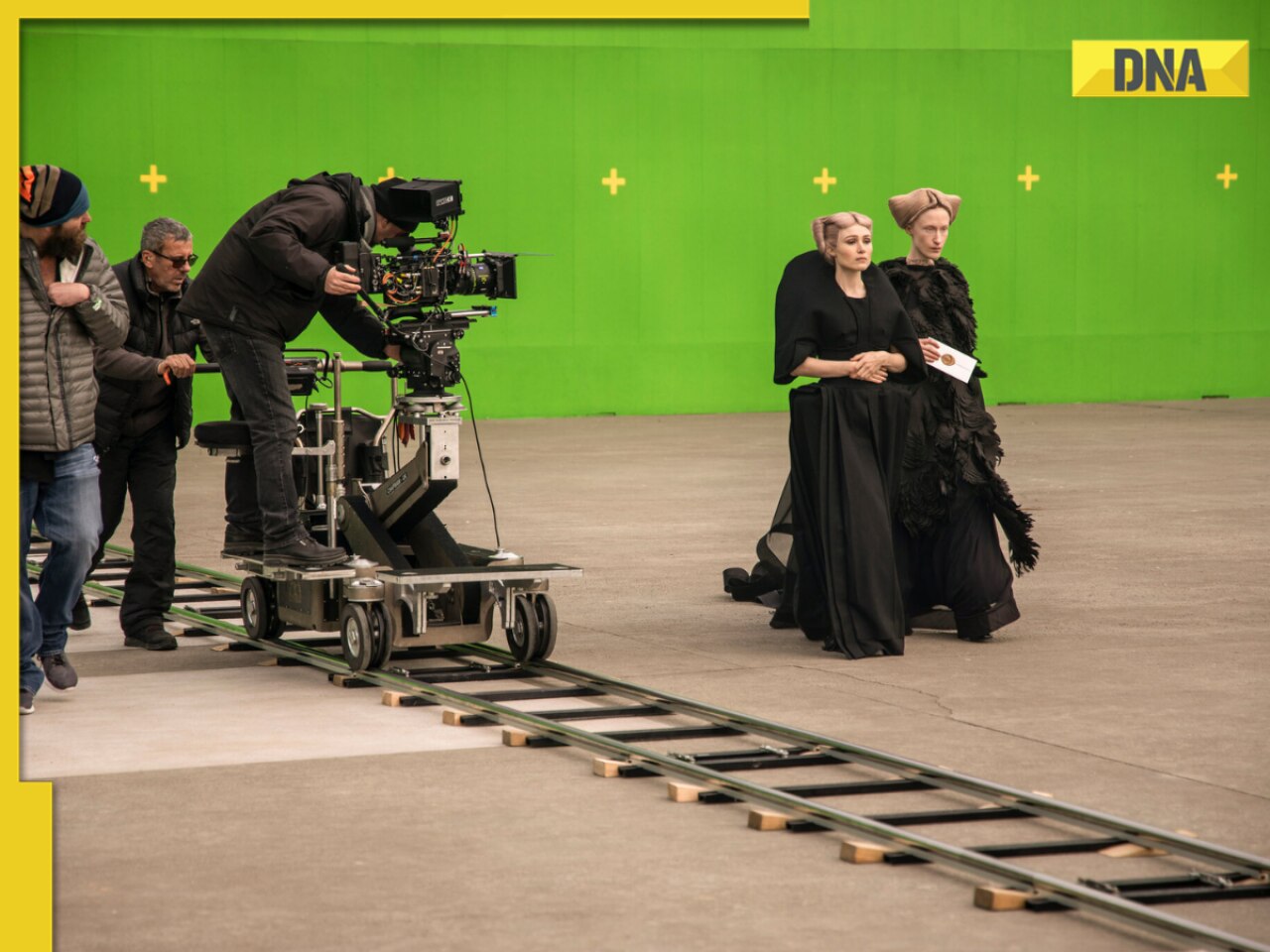




)
)
)
)
)
)